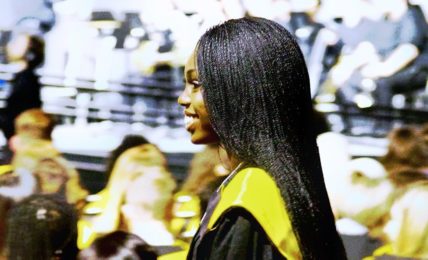Arizona State University RISE Center is promoting inclusivity in STEM
RISE is the result of a year of planning and discussion and will spend the fall semester focusing on racial justice in academic biology, explored through seminars led by education scholars. There will also be listening sessions where BIPOC students can share their experiences.







